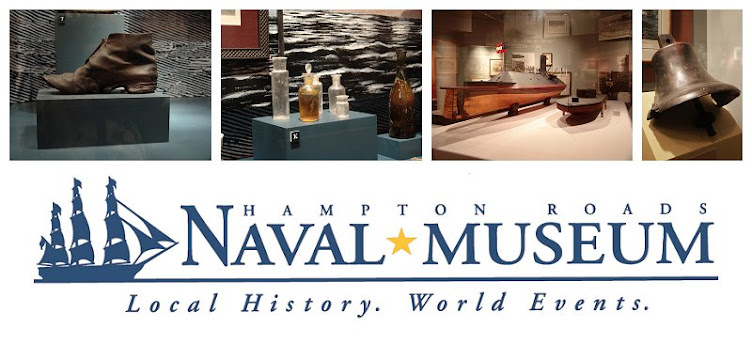 |
| Rear Admiral Roger Welles, commanding officer of Naval Operating Base Hampton Roads in 1925. |
In the early to mid-1920s, transport ships of the Atlantic Fleet made several runs between the West Indies and Hampton Roads to provide supplies to warships conducting exercises in the Caribbean. Rear Admiral Roger Welles, commanding officer of Naval Operating Base Hampton Roads (present-day Naval Station Norfolk) received an anonymous tip that one of the transport vessels returning to Norfolk, USS Beaufort, was carrying several hundred gallons of whiskey on board. When Beaufort pulled into NOB, Welles immediately ordered his Marine detachment to storm the ship and search the vessel.
The tip turned out to be true, as the Marines found forty cases of whiskey in various places on the ship, including the officers' staterooms. The Marine raid was not fast enough, however, as Sailors got some of the whiskey off the ship. Upon learning this, Welles ordered the entire base placed on lockdown. The Marines searched all cars leaving the base and tapped every phone line. The Marines took all of the whiskey seized from the ship and the extra searches to the basement of the base's administration building and placed it under armed guard.
The tip turned out to be true, as the Marines found forty cases of whiskey in various places on the ship, including the officers' staterooms. The Marine raid was not fast enough, however, as Sailors got some of the whiskey off the ship. Upon learning this, Welles ordered the entire base placed on lockdown. The Marines searched all cars leaving the base and tapped every phone line. The Marines took all of the whiskey seized from the ship and the extra searches to the basement of the base's administration building and placed it under armed guard.
Rumors flew around the base regarding Admiral Welles' knowledge of the contraband. Officers and sailors told the Washington Post that there was a squealer somewhere, trying to curry favor with the higher ranks. Some stated that it was not a fellow Navy man, but a civilian woman. The newspaper dismissed these rumors and the alleged snitch was never found.
As a result of the incriminating alcoholic evidence, Welles had all of Beaufort's officers placed under house arrest and confined to the base's barracks. This was not the first time Marines caught the Beaufort carrying illegal liquor. In an earlier case, they found thirty cases of whiskey on board. However, no one was charged and the whiskey was turned over to the Portsmouth Naval Hospital for "medicinal" purposes (which was legal under the Volstead Act).
When investigators finished their preliminary work, the Navy charged Beaufort's commanding officer, Commander David Fuller; his executive officer, Lieutenant William Hatch; Lieutenant Roland Hill, three chief petty officers, and one junior petty officer for trafficking the whiskey. In their defense, the officers claimed that a search for contraband was conducted. However, the prosecution noted that the Marines found some of the whiskey in the officers' staterooms. To that charge, Lieutenant Hatch stated that he asked his fellow officers about having any liquor and it was "a custom of the Navy to accept the word of an officer."
In the end, the court-martial board convicted four men-Lieutenants Hill and Hatch, the ship's chief pay clerk, and a machinist petty officer. It found them all guilty of violating the Volstead Act and for having liquor aboard a U.S. Naval vessel, which was a crime long before Prohibition. The Navy had been "dry" since 1914, when Secretary of the Navy Josephus Daniels issued Order Number 99. The Navy punished the officers by demoting them on the seniority list for promotion (effectively ending their careers) and fined the two enlisted sailors each $40 a month for ten months (almost half their pay).


No comments:
Post a Comment